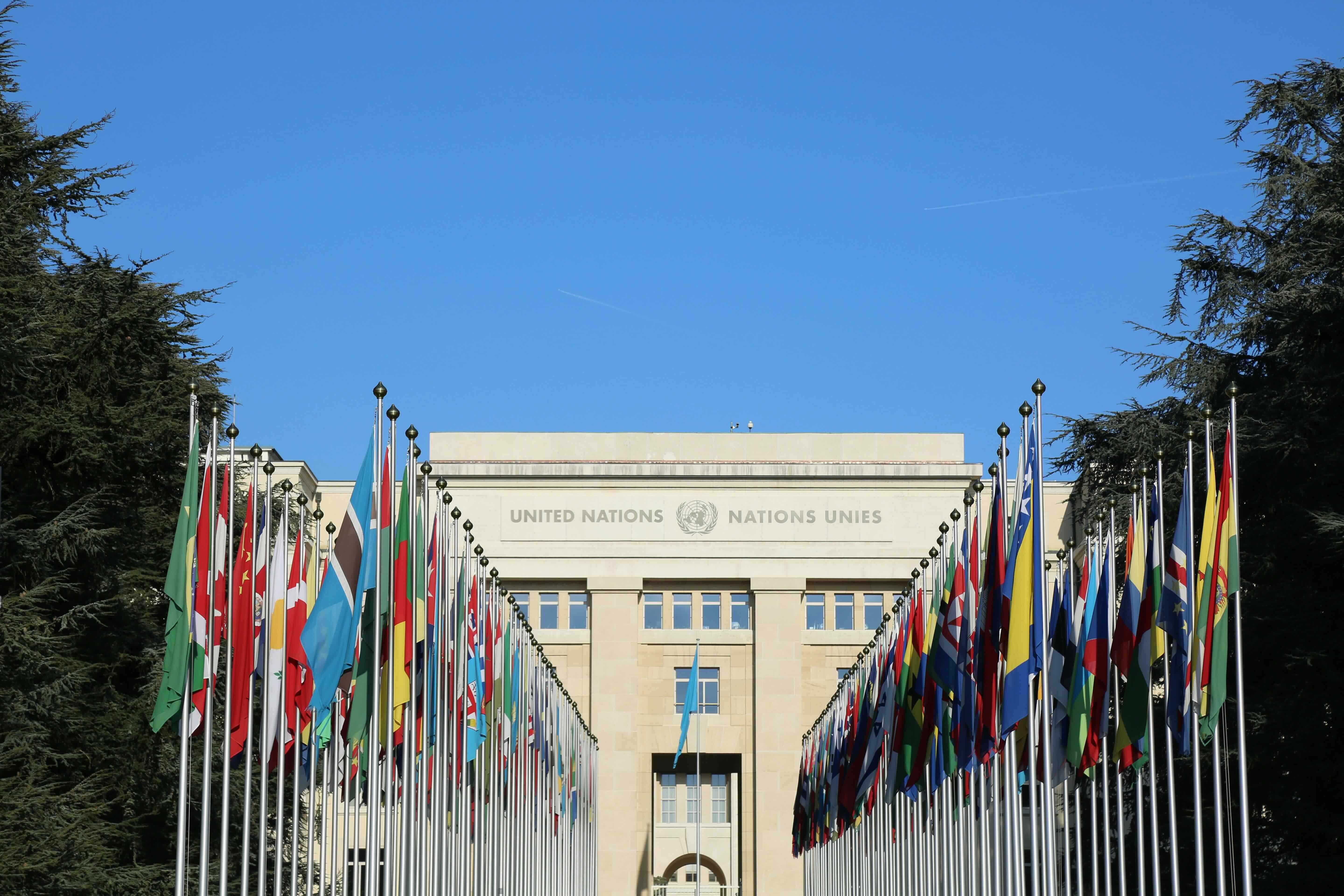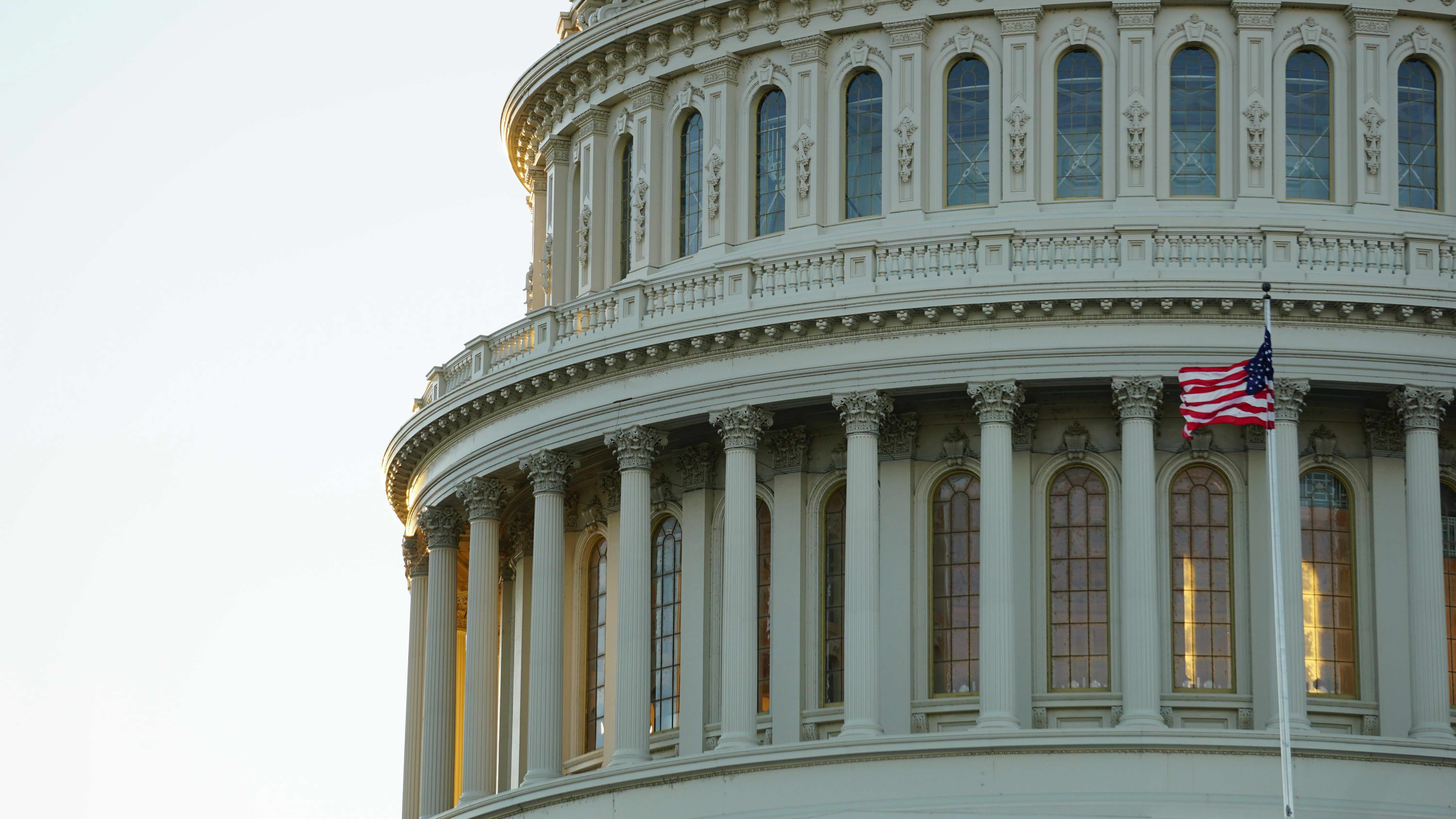Mining & Energy
BPI Fellows to Publish New Academic Paper: "Carbon Neutral Bitcoin for Nation States"
How can a country hold Bitcoin without contributing to climate change? By mining Bitcoin, of course.

What does the new research reveal?
A new academic paper from BPI Fellows Troy Cross and Andrew Bailey reveals how countries can adopt Bitcoin in a carbon neutral manner without new regulations, taxes, or carbon offsets. Instead, Cross and Bailey's research demonstrates that a country can offset associated emissions caused by holding Bitcoin by making nominal investments in carbon neutral mining.
Their paper, Carbon Neutral Bitcoin for Nation States, will be published this fall in an edited collection with Springer. Dr. Bailey's video presentation on the new research can be viewed here.
Short Abstract
"Several nation states — El Salvador, most notably — are adopting bitcoin as a money and reserve asset. In this paper, we show how they can do so while mitigating or eliminating any associated carbon emissions. Adoption of bitcoin needn't conflict with any moral or legal obligations to pursue a carbon-neutral or carbon-reduced future."
Long Abstract
"Sovereign adoption of bitcoin, whether as legal tender or in treasury reserves, increases the profitability of energy-intensive bitcoin mining, creating significant carbon emissions. This paper explores methods for adopting bitcoin while mitigating or eliminating associated carbon emissions. We survey three solutions: regulation/taxation, carbon offsetting, and finally, state-directed or state-supported carbon-neutral mining, arguing for the advantages of the latter. We then compare two ways of executing this last approach: (1) the state must mine all its bitcoin holdings; (2) the state must mine the same percentage of mining as its percentage of all bitcoin holdings. We show that (2) is a superior method, and that a nation state can adopt bitcoin in a carbon-neutral manner with a relatively small investment in carbon-neutral mining. At present levels of bitcoin mining and bitcoin pricing, an annual allocation of around 1% of the state's bitcoin holdings towards mining will suffice, and may generate a positive return. El Salvador is used throughout as a case study, and we make specific suggestions for how much El Salvador should mine to achieve carbon neutrality with respect to their bitcoin holdings."



.svg)
.avif)




